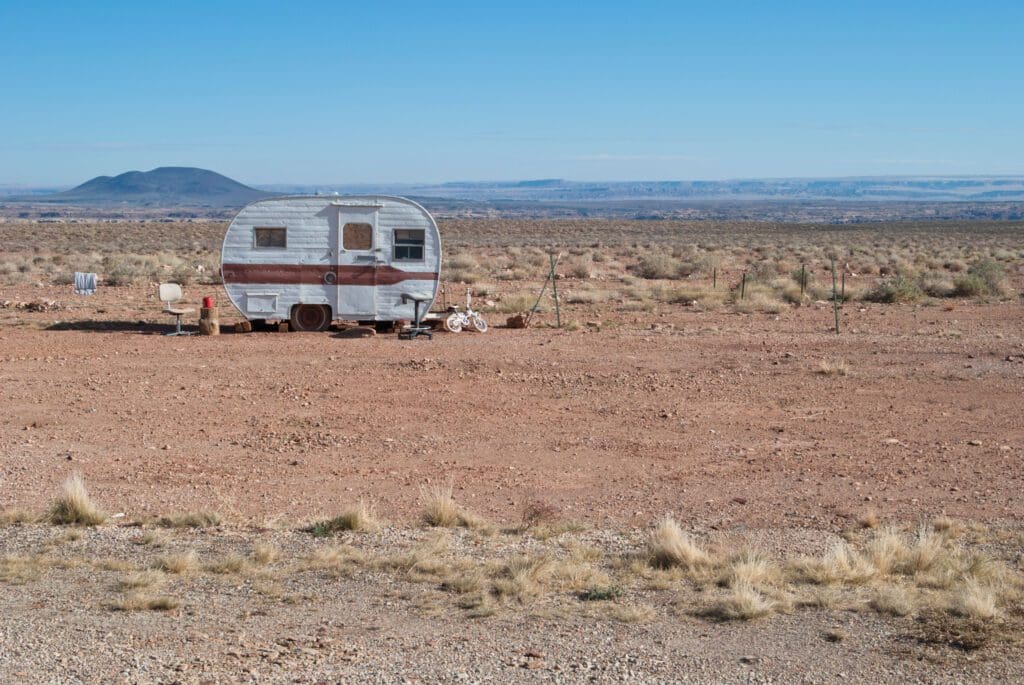Since 1980 all wells are to be registered with the Arizona Department of Water Resources. Occasionally, it is discovered that a well in existence has not been registered with the ADWR, either because the well was drilled before 1980 and the owner never registered the well with the ADWR, or the well was drilled illegally after 1980 without the required legal authority.
form 55-65: late registration of a well
Form 55-65 is used to register a well with the ADWR. The form is broken into
section 1- registry information
1.1 Exempt or Non-exempt Well. First, you must indicate whether the well is an exempt or non-exempt well. An exempt well is a well equipped with a pump with a maximum capacity of not more than 35 gallons per minute and, if located within an Active Management Area (AMA), is not used for irrigation of two or more acres.
A non-exempt well is a water well equipped with a pump with a maximum capacity greater than 35 gallons per minute or any well used to withdraw groundwater within an AMA for irrigation of two or more acres. Inside of AMAs, non-exempt wells are typically associated with groundwater withdrawal rights or permits.
1.2 Information About the Drilling. A well owner must provide the a) name of the drilling firm that originally drilled the well, if known, b) the date the original well was drilled, or an estimate of the year in which the well was drilled if the actual date is not known, and c) the name of the person who owned the land at the time the well was drilled, if known.
1.3 Location of the Well. The location of the well must be provided with great specificity. The ADWR wants the following information.
1.3(a) The Street Address. Provide the street address of the property where the well is located, if there is a street address.
1.3(b) Legal Description for the Well Location. The legal description is the township, range, section, and in decreasing order, the quarters of that section so that the well location falls in a 10-acre block within that section. This information may be obtained from the county tax assessor’s office.
1.3(c) Latitude and Longitude of the Well Location. Provide the latitude and longitude of the well location (in degrees- minutes-seconds format), if that information is known. Use of a GPS receiver or a conventional survey is the preferred method. If a GPS unit is used, the unit should be adjusted to use the NAD-83 datum.
1.4(d) County Tax Assessor’s Parcel Id.
1.5(e) Legal Description of Where the Water is Used.
1.6(f) County Location. The name of the county where the well is located.

SECTION 2- OWNER INFORMATION. Well owner and landowner.
SECTION 3- GENERAL QUESTIONS. This section asks a series of general questions.
SECTION 4- WATER AND SITE INFORMATION. This section of form 55-65 asks about all the types of water that is accessible to the owners.
SECTION 5- EXISTING WELL CONSTRUCTION. This section of form 55-65 contains three tables providing information on the existing well construction design.
SECTION 6- OPTIONAL INFORMATION. A property/well owner has the option to grand the ADWR permission to enter the property and obtain dept-to-water measurements from the well.
SECTION 7- SIGNATURE BLOCK. This section of form 55-65 must be signed by the property owner.
WELL REGISTRATION FILING FEE. The filing fee for the late registration of a well is $60. Checks should be made payable to the Arizona Department of Water Resources. If you wish to pay the late registration fee by credit card, then call the Groundwater Permitting and Wells Program at 602-771-8527. Failure to enclose the filing fee will cause the late registration to be returned. Fees for the late registration of a well are authorized by A.R.S. 45-113 and A.A.C. R12-15-104.
If you need help from an experienced Arizona well attorney, then contact the Dunaway Law Group at 480-702-1608 or message us HERE.
* The information provided is informational only, does not constitute legal advice, and will not create an attorney-client or attorney-prospective client relationship. Additionally, the Dunaway Law Group, PLC limits its practice to the states of Arizona and New York.
